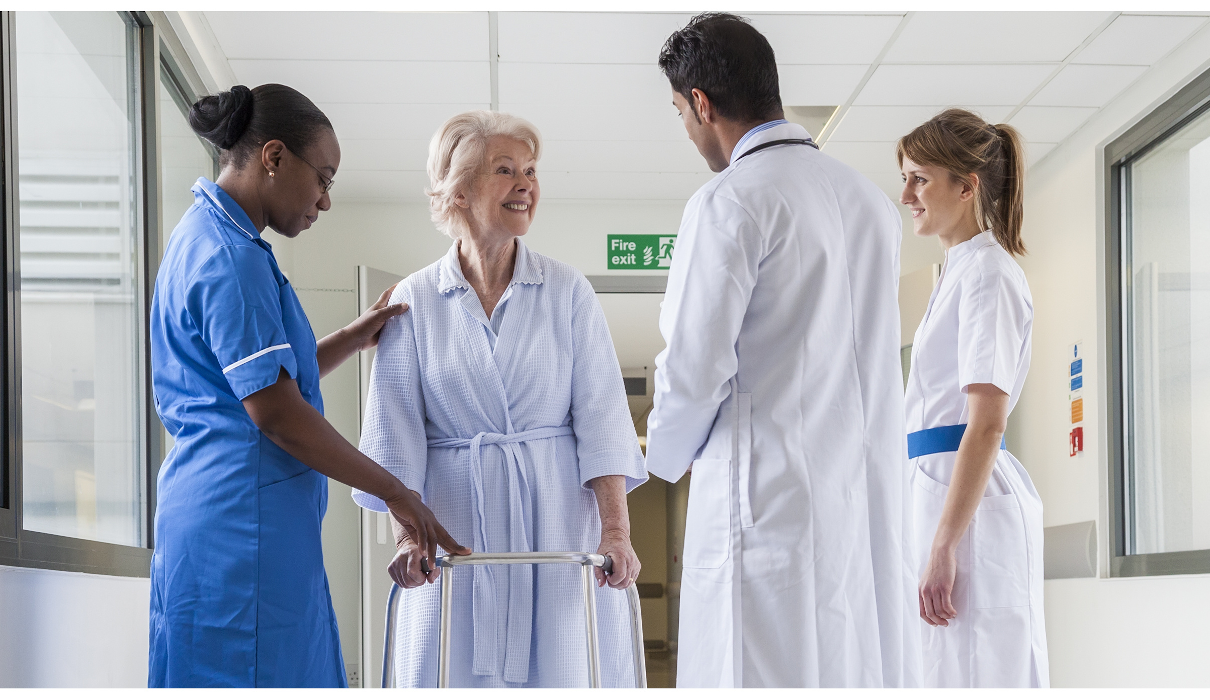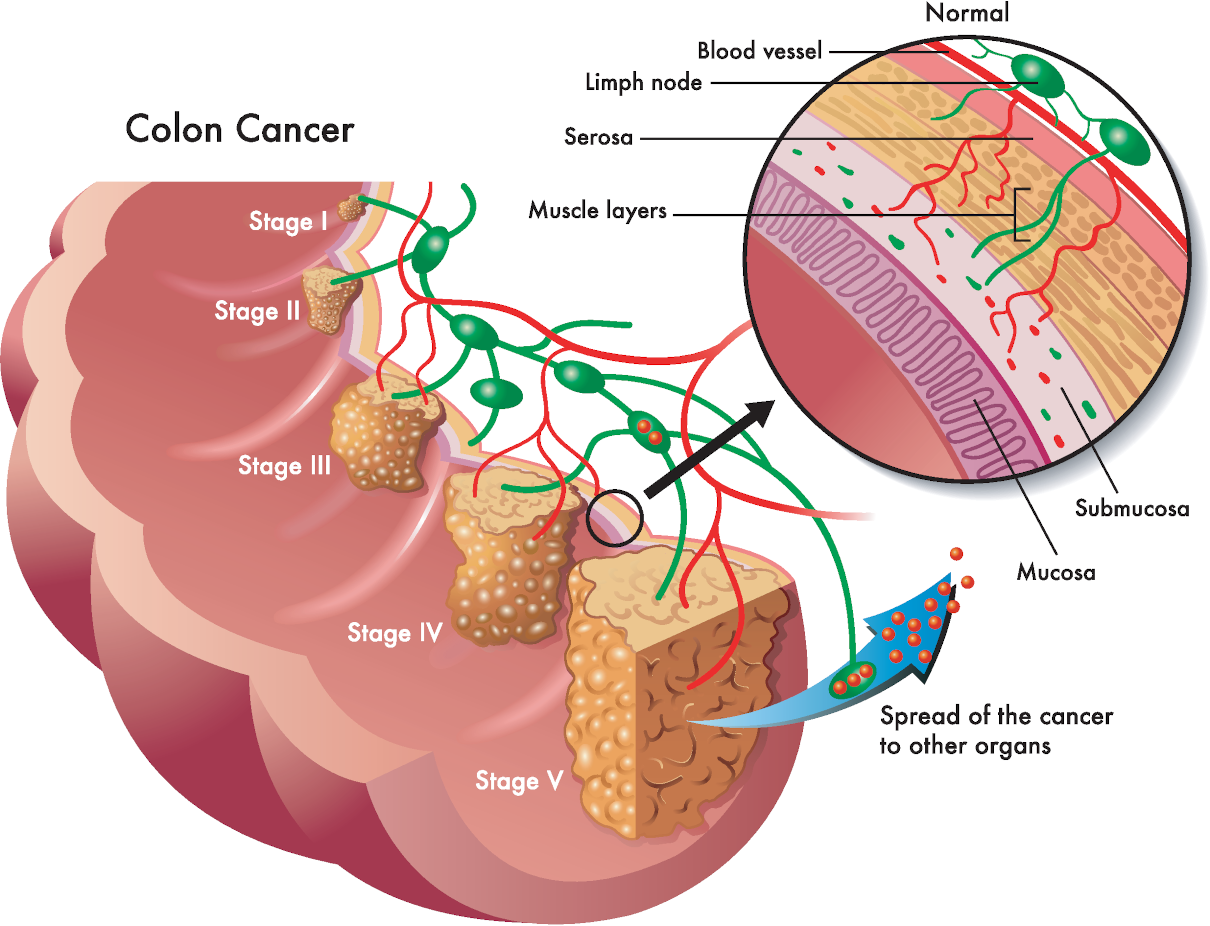
Pathological processes diagnosed in large intestines, such as polyps and inflammatory diseases. This can lead to the formation of a malignant tumour. Thus, the patient cannot guess about the development of terrible pathology for long. How to keep the situation under control, and what are the signs of colon cancer? What are the symptoms of colon cancer?
The large intestine, or the colon, is the final part of the gut. And it is 0.8-1 meter in length. It consists of the cecum, ascending colon, transverse colon, descending colon, sigmoid colon, rectum and anus. A malignant neoplasm can occur in any of the sections of the colon.
Risk
The risk of developing colon cancer is the same for any gender. There are differences in what parts of the colon are more vulnerable to members of different genders. Thus, rectal cancer is more often detected in men – up to 60% of cases. And in women, colorectal cancer – up to 55% of cases.
The disease can begin at any age, but usually, colon cancer diagnoses in patients over 50. The peak of the disease falls between 60-75 years old. We also must take the symptoms of colon cancer seriously.

Anti-candida Mini Detox – three colonics with bicarbonate of soda
The Anti-candida mini detox involves a concentrated series of three colonics infused with bicarbonate of soda, ideally scheduled once weekly. This regimen serves as a potent initiation into a detoxifying cleansing routine, setting the pace for rejuvenation.
Signs and symptoms of colon cancer
Cancer of the large intestine is cunning because it can not manifest itself in any way in the early stages. However, some signs should alert the patient. So, alarming signals can become frequent constipation, incontinence of gases or stool, bloating, and a false urge to excrement.
Suppose the blood appears in the stool or the faeces are coloured crimson. In that case, this is a clear signal that it is necessary to undergo an emergency examination since bleeding into the intestinal lumen may indicate an oncological process.
Pathologies
With colon cancer, there is a general deterioration in health: weakness, loss of appetite and weight, and prolonged pain in the abdomen. With the progressing process, anaemia appears, expressed by the pale skin colour, intestinal obstruction, and fluid accumulation in the peritoneum.
Specific symptoms express diseases of different parts of the colon. For instance, a tumour may develop in the rectosigmoid part of the colon (rectum and sigmoid section). Then severe pain occurs during defecation. With rectum cancer, purulent, bloody or mucous impurities can be in the stool.
A traverse colon tumour may manifest in heaviness, discomfort and aching pain in the upper abdomen. You need to see a doctor if you have any signs of colon cancer. And colonic irrigation will help prevent the development of pathologies.

Bum only inside or outside waxing
Bum (only inside or outside) waxing removes hair in the buttocks. You’re welcome to visit our clinic and have waxing hair removal, which will relieve you from unwanted hairs in this delicate area for a long time, cleanly and accurately. 30 minutes









